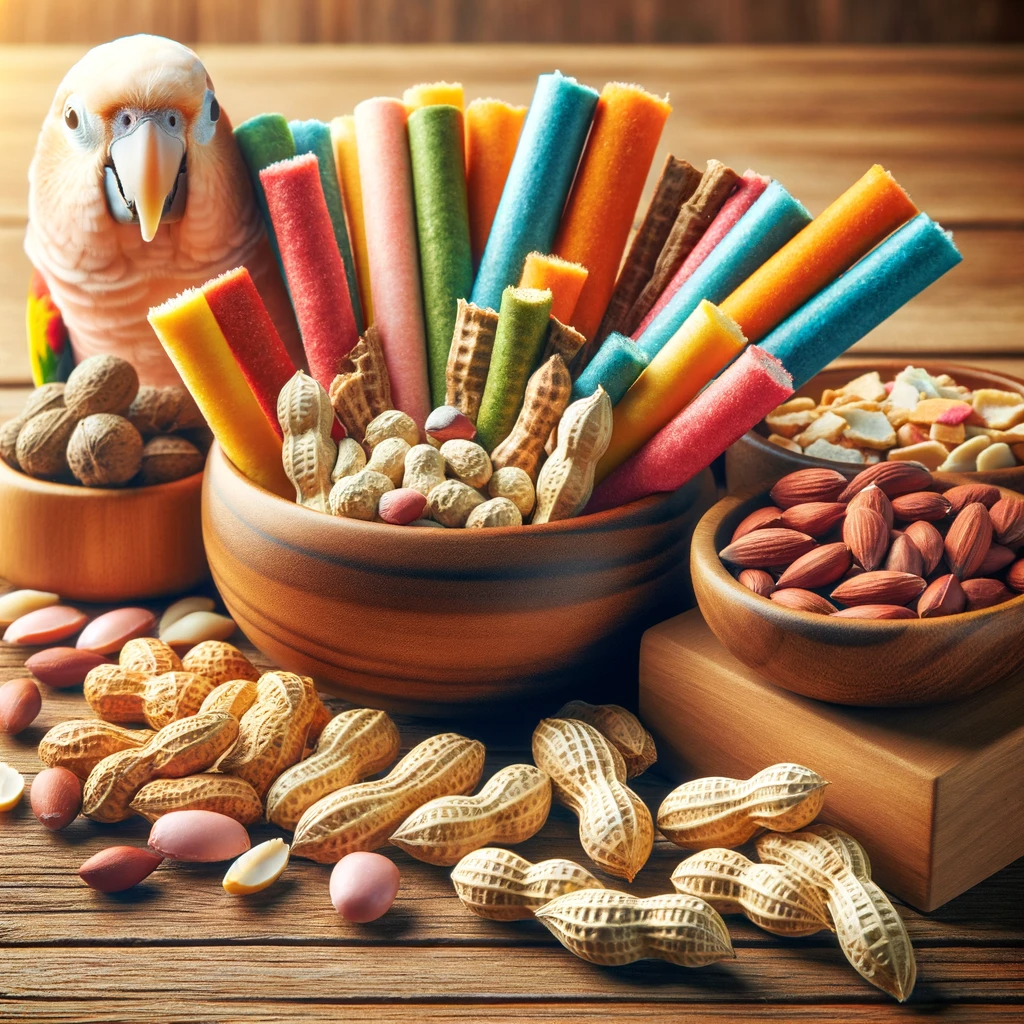
Caring for Parrots
A Guide by Lyla's Parrot Sanctuary

A Guide by Lyla's Parrot Sanctuary



Parrots are fascinating and intelligent birds that make wonderful pets. Proper care is essential to ensure their well-being and longevity. This guide will cover the basics of parrot care to help you create a healthy and happy environment for your feathered friend.
Parrots need a spacious cage to thrive. Make sure to provide them with a large cage that allows them plenty of room to move around. Include perches, swings, and ladders for added enrichment. The cage should be placed in a well-ventilated area away from direct sunlight and drafts.
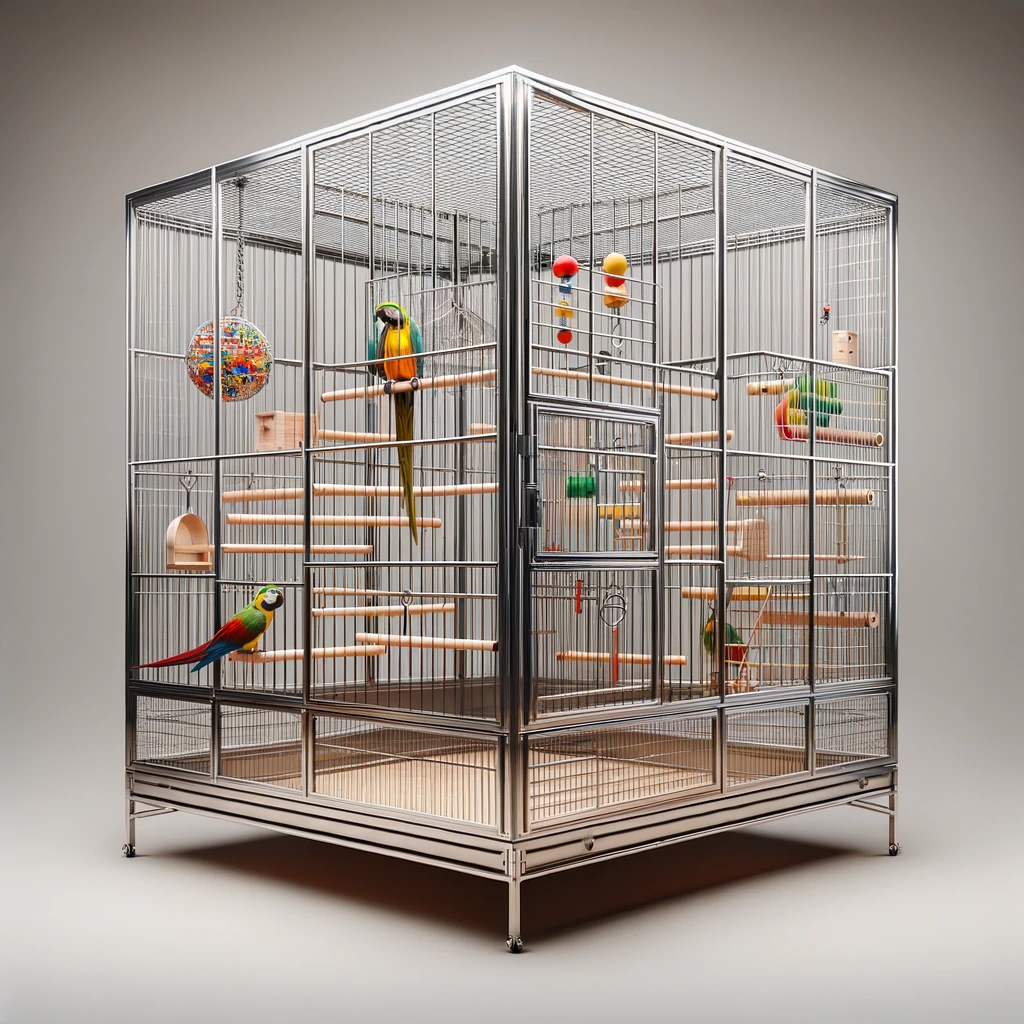
While it's essential to bond with your parrot, avoid excessive handling. Parrots need their space and may become stressed if handled too often. When handling your parrot, do so gently and respectfully, allowing it to come to you when it feels comfortable.
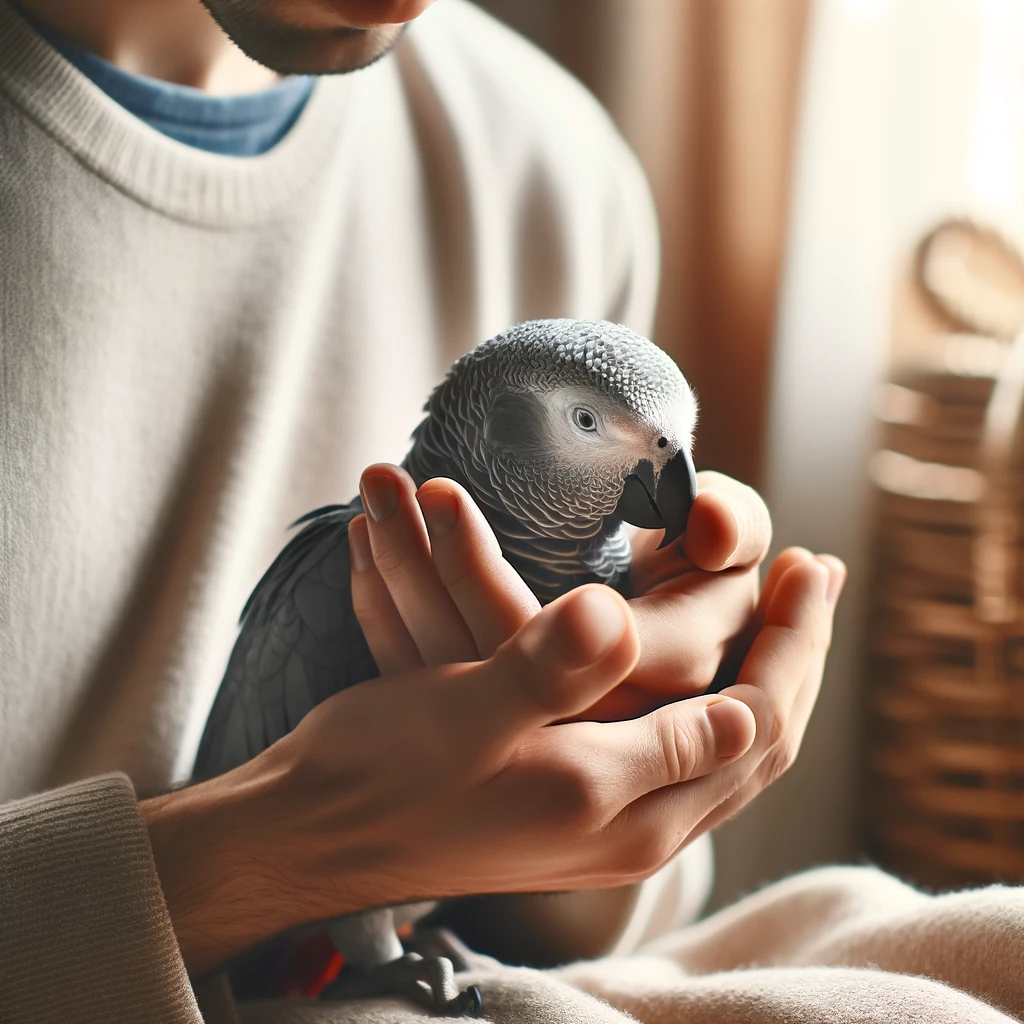
Keep your parrot's cage clean to prevent health issues. Regularly clean out droppings, change the water, and sanitize their living space. A clean environment is crucial for the health and well-being of your parrot.
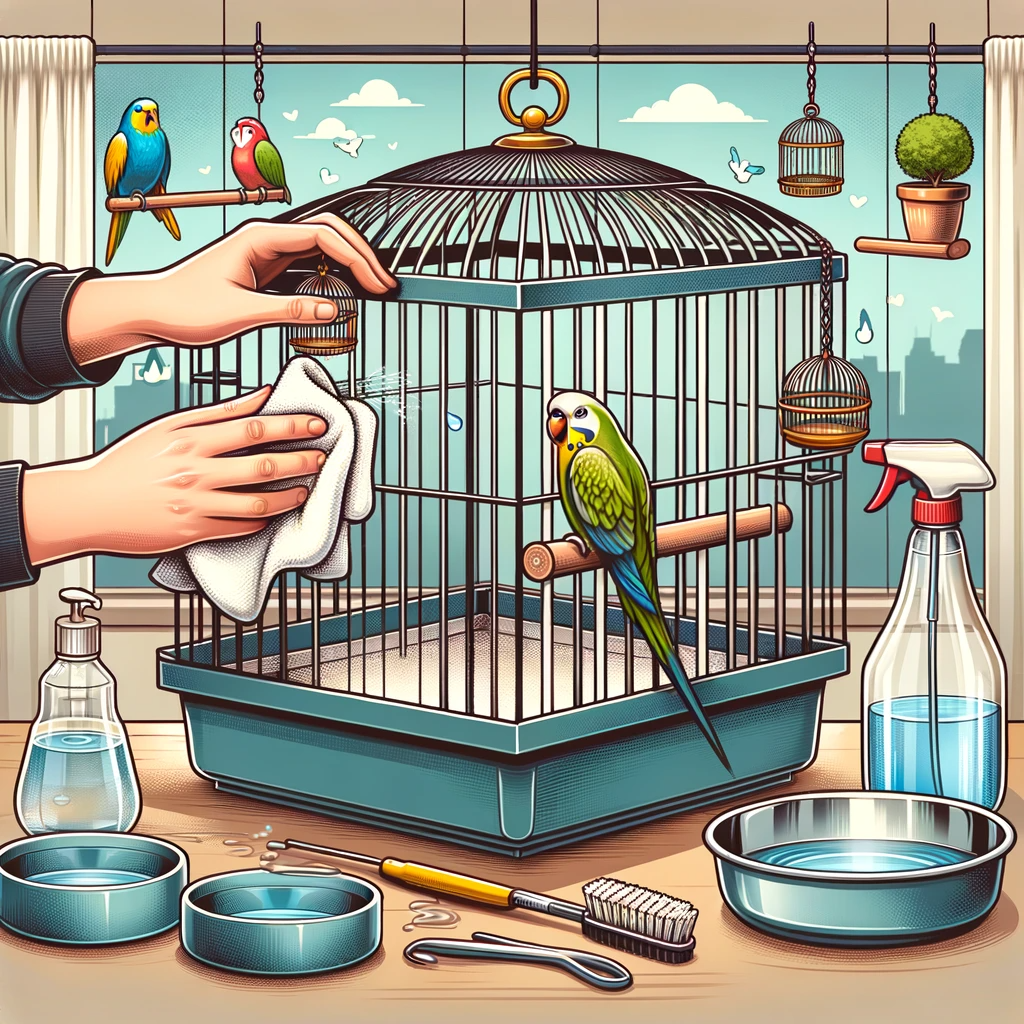
Parrots are highly intelligent and require mental stimulation. Provide them with a variety of toys, especially chew toys, to keep them engaged and happy. Regular interaction and new toys will help keep your parrot mentally stimulated and content.
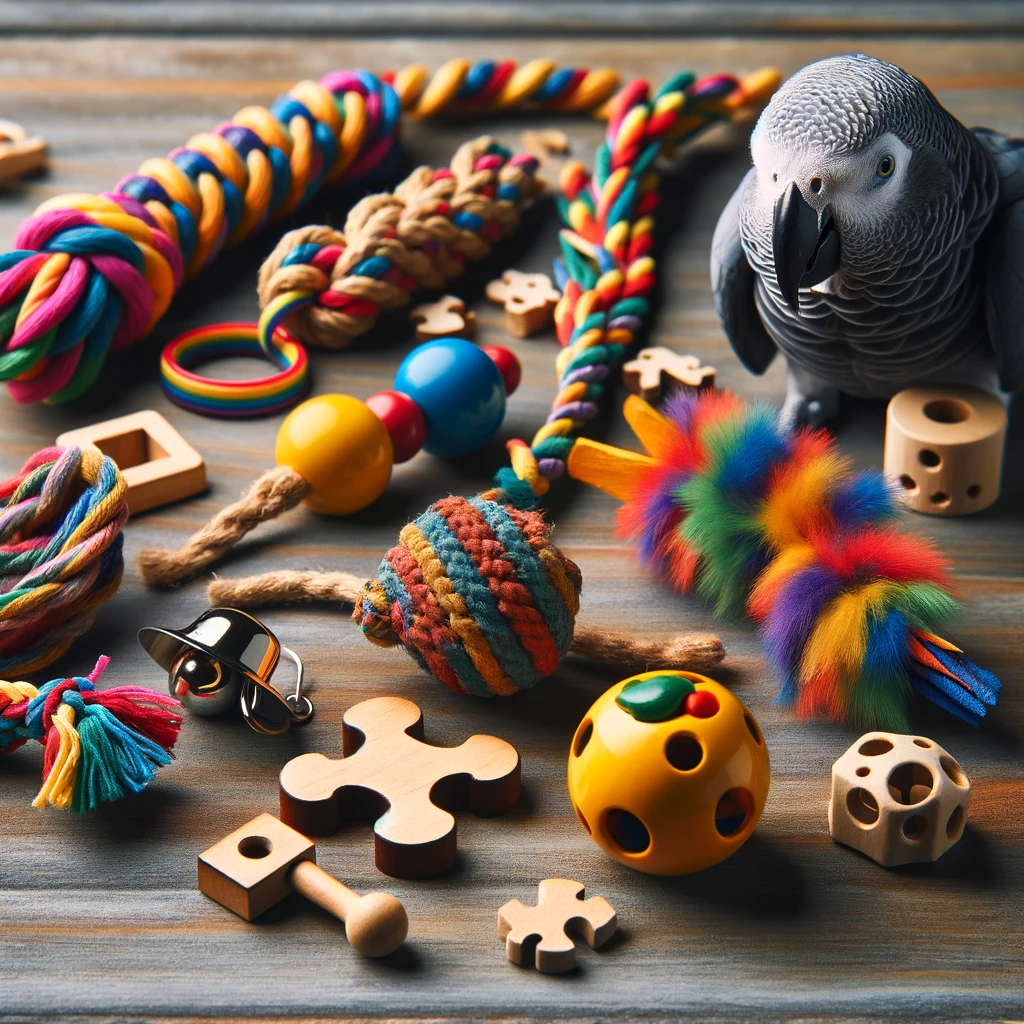
Parrots can live up to 60 years! So, be prepared for a long-term commitment when adopting one. Their long lifespan makes them companions for life, requiring continuous care and attention.

In the wild, parrots consume a diet of seeds, insects, and fresh vegetation. To ensure their health, include a variety of foods in their diet:
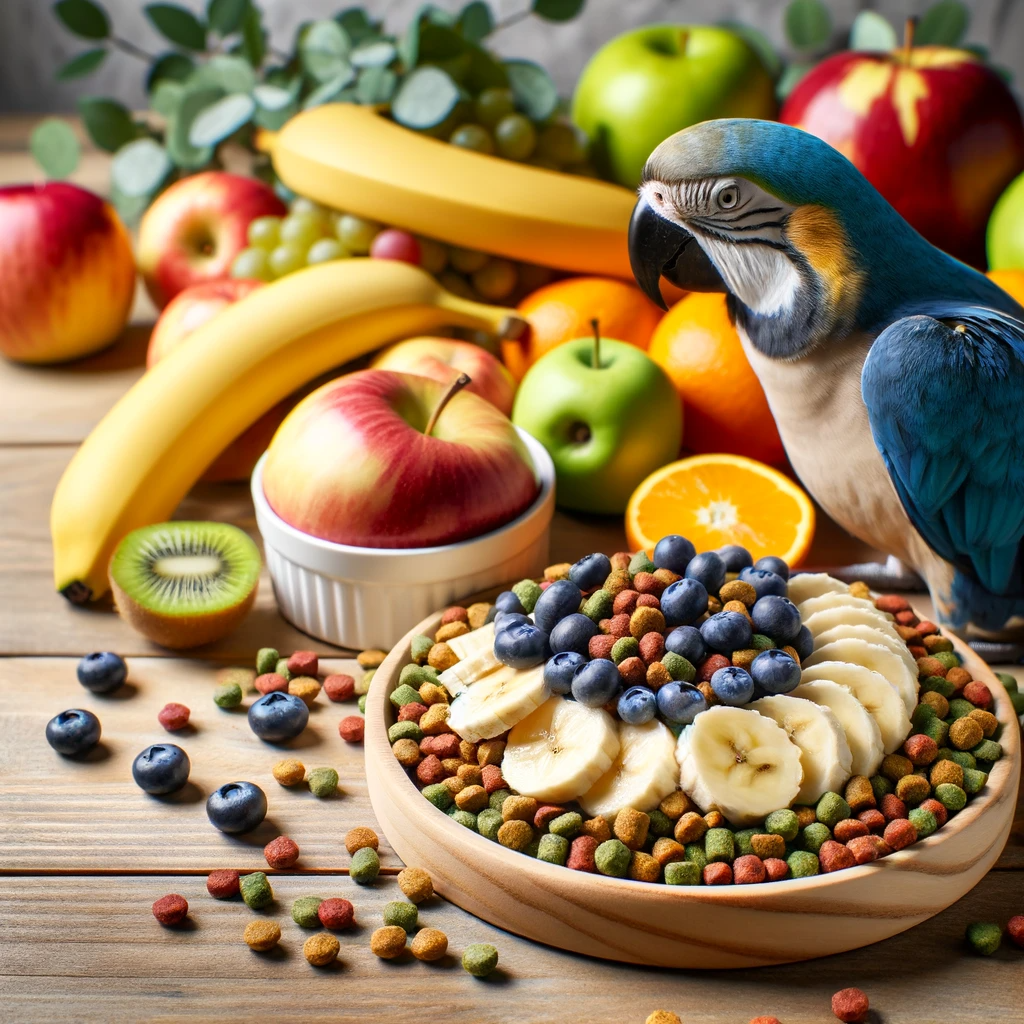
Occasionally, you can provide your parrot with treats for added enjoyment. Treats should be given in moderation and as part of a balanced diet:
